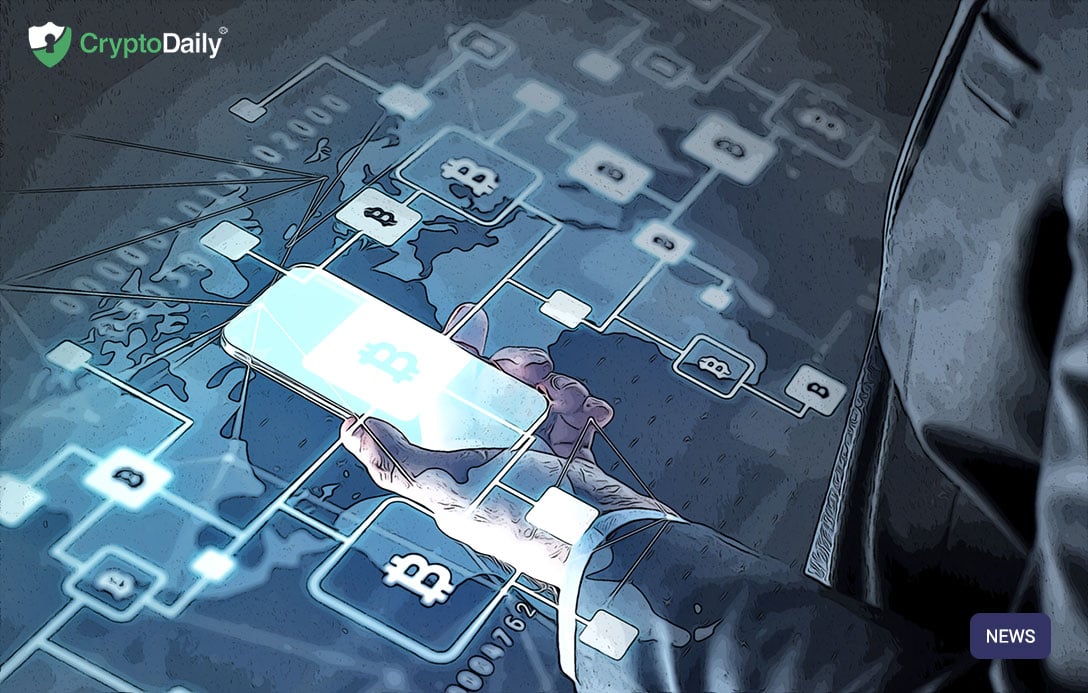Table of Contents
- Use Hardware Wallets
- Use Secure Internet
- Secure Your Personal Device
- Avoid Suspicious Links
- Choose a Strong Password For Your Online Wallet
- Activate Two-Factor Authentication For Online Wallets
- Maintain Multiple Wallets
- Takeaway
- Cryptocurrencies have evolved from an obscure side project to a multi-billion dollar industry. Unfortunately, many new bitcoin investors are unaware of the risks and security holes in the world of cryptocurrency.
- These security holes take a massive amount of money that is impossible to recover.
Cryptocurrencies have evolved from an obscure side project to a multi-billion dollar industry. Unfortunately, many new bitcoin investors are unaware of the risks and security holes in the world of cryptocurrency. These security holes take a massive amount of money that is impossible to recover.
Consequently, crypto cybersecurity breaches and violations are increasingly on people's minds. So how do you protect yourself against these criminals? Read on to find out.
Use Hardware Wallets
Hardware wallets are a type of cryptocurrency wallet where you can store your private keys in a physical device. These private keys are often stored in a protected area of a microcontroller. Hardware wallets provide security and utility when interacting with blockchains because they do not have the security risks of online wallets and software wallets.
The main principle behind hardware wallets is to keep your private key safe and away from criminals' prying eyes. Besides, these wallets are protected against unauthorized use with an extra PIN. In this manner, your bitcoin gains a different level of security against theft.
Use Secure Internet
When you use the internet, your browser keeps a record of which sites you have visited in its 'history.' This record can provide attackers with enough information to compromise your online crypto accounts. Fortunately, there's a lot you can do to defend against these internet problems.
Strong network security keeps unauthorized users and hackers from accessing your crypto. Similarly, public WiFi should be avoided if possible because you don't know who set it up or who else is connecting to it. If you must connect to a public hotspot, use a secure VPN connection.
Secure Your Personal Device
Smartphones, tablets, and other mobile devices have become a necessary part of crypto trading. However, these devices are vulnerable to online threats. Also, threats are always evolving and adjusting based on our habits.
Software updates often patch security and privacy holes that can be an open door for mobile malware and other security threats. Therefore, having the most up-to-date mobile security software is the best defense against other online risks. To further protect your device, set up a passcode. This helps ensure that no one can access your device if it is lost or stolen.
Avoid Suspicious Links
At its core, a link is just a mechanism for data to be delivered to your device. However, phishers use embedded links to conceal their real intention. What looks like a legitimate link can be a disguised link to a criminal website that requests sensitive information.
Malware spreads via links disguised in legitimate-looking emails. In general, you should never click on a link that claims it's coming from the government, your bank, and other trusted establishments unless you are 100% certain they lead somewhere you want to go.
Choose a Strong Password For Your Online Wallet
A strong password is all that may stand between you and a cybercriminal. If someone accesses your credentials, your crypto and your vital information are at risk. On the other hand, the best passwords will thwart brute force and dictionary attacks.
So, how do you have a "strong" password that is easy to remember? Generally, the longer the password, the less susceptible it is to brute-force attacks. It can be any combination of letters, numbers, and symbols. Do not use the names of your families, friends, or pets in your passwords. Instead, use a phrase and incorporate shortcut codes or acronyms.
Activate Two-Factor Authentication For Online Wallets
Two-Factor Authentication (2FA) is sometimes called multiple-factor Authentication. This is a verification process to confirm that your identity is genuine. It requires two ways of proving your identity and can also be used to secure your crypto wallets. Credentials can be based on knowledge, possession, inherence, location, or time. But in most cases, the extra authentication is simply a numeric code, such as a code by SMS to your mobile number.
Two-Factor Authentication uses something you know, something you have, and something you are to confirm that you are authorized to log in. With two-factor authentication enabled, you get an extra layer of security that keeps itchy fingers away from your cryptos. Also, it has low complexity, which makes it an easy addition.
Maintain Multiple Wallets
Many cryptocurrency investors maintain multiple wallets, even if they've only one type of crypto. By having multiple wallets, you can keep transactions and balances separate. But most people keep multiple wallets to increase levels of security. That way, you can always control your crypto if you lose access to a particular wallet.
Having multiple wallets expands your risk profile to include any attack surfacing from any platform. Similarly, many smaller transactions are less likely to draw attention than one large transaction.
Takeaway
Just as cybercrime is on the rise, so is the initiative to ensure that crypto trading is as safe as possible. Always remember that it is your responsibility to adopt good practices.
Investment Disclaimer







